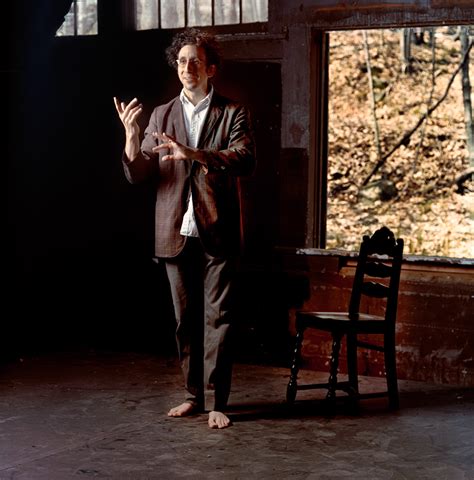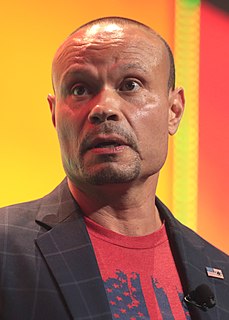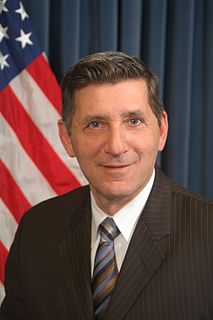A Quote by Bill Gates
Should surveillance be usable for petty crimes like jaywalking or minor drug possession? Or is there a higher threshold for certain information? Those aren't easy questions.
Quote Topics
Related Quotes
Penalties against possession of a drug should not be more damaging to an individual than the use of the drug itself; and where they are, they should be changed. Nowhere is this more clear than in the laws against possession of marijuana in private for personal use... Therefore, I support legislation amending Federal law to eliminate all Federal criminal penalties for the possession of up to one ounce [28g] of marijuana.
No matter what you're doing, you're never 100 percent about anything. Every choice is always accompanied by a certain amount of worry or doubt. Until it reaches a certain threshold, you don't act on it; you just sort of carry it with you, and wait to see if it reaches the threshold when you should act. Otherwise, you just become one of those worrywarts, a nervous Nellie who isn't very helpful.
When we were doing the "Angel Dust" thing we got information from the National Institute of Drug Abuse because we knew that if we went out and said something about angel dust people were going to ask questions about it and we wanted to be sure we had all the information to deal with it when those questions came up. So it's all a question of being as prepared as possible out front, so that if you are going to deal with information it'll be correct. A lot of people won't check it out but some people will.
You have this certain about of responsibility to play a fictitious character and you have a script that's guiding you and the other information of the custom department's choices, and the set department, "Where are you," and all those other pieces of information but you have to cull from your imagination the answer to all the unasked questions. And with a real person, there's someone to get that information from, perhaps.
In the 1990s - the period of the greatest escalation of the drug war - nearly 80 percent of the increase in drug arrests was for marijuana possession, a drug less harmful than alcohol or tobacco and at least, if not more, prevalent in middle class white neighborhoods and college campuses as it is in the 'hood.
Drug offenses ... may be regarded as the prototypes of non-victim crimes today. The private nature of the sale and use of these drugs has led the police to resort to methods of detection and surveillance that intrude upon our privacy, including illegal search, eavesdropping, and entrapment. Indeed, the successful prosecution of such cases often requires police infringement of the constitutional protections that safeguard the privacy of individuals.

































